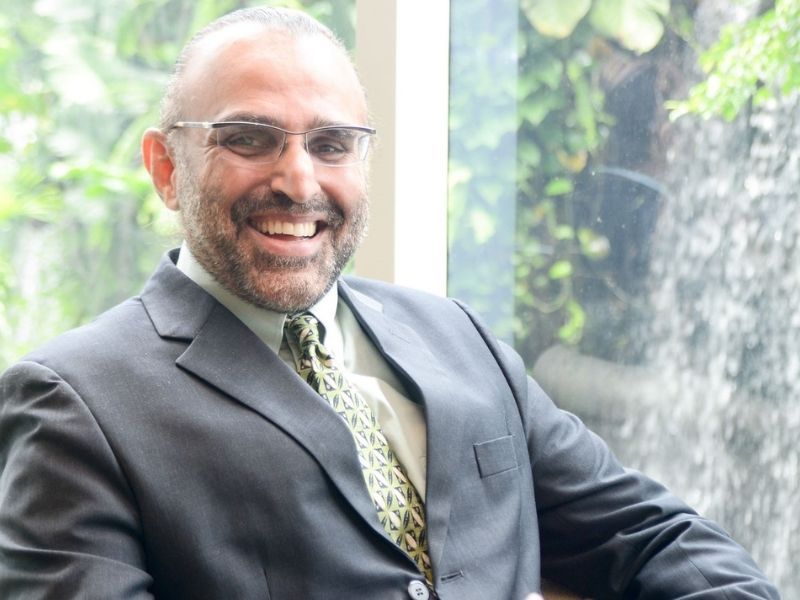Leading a network of 11 schools across four countries (Indonesia, India, Myanmar and S. Korea), Singapore-based Jaspal Sidhu, founder and chairman, Singapore Intercultural Schools (SIS) and the Inspirasi Group is widely recognised for offering students affordable private schools with progressive programmes. As its latest transformational work in the education space, the Inspirasi Group is now promulgating a unique global initiative to share best practises and academic resources amongst institutes. Speaking to Dipta Joshi of EducationWorld, Sidhu shares his ideas for education at a time when the COVID-19 pandemic threatens to isolate institutions and educators across the globe.
What was the motivation behind launching this initiative and what has been the response to it?
A) As a son of a doorman from Singapore, I saw my father work hard to educate my brothers and I, while my mom looked after our house. I understand the importance of education for the working and aspirational class. Today when the Covid-19 has impacted more than 1.6 billion children and youth around the world and has set back many schools, especially those schools operating in isolation, bigger and successful school networks need to support the smaller networks with ideas around best practises, creative thoughts, training and academic resources.
This willingness to help comes from our ‘Inspirasi initiative’ that looks to help communities wherever we have our footprints. I have created an email where any stakeholder, from any school (public or private) can contact us for inputs on various aspects. Since I sent out a video announcing the same, educators from different countries have volunteered to help us.
Tell us more about the E-learning care package and the resources it makes available.
A)The pandemic has hit early learners and primary school children the most since online interactions for long periods are difficult for them, forcing parents to provide some semblance of structured learning at home. While many students had no access to the internet or faced internet disruptions, I have also seen several schools struggling to put together the right resources for their students amidst this pandemic. Thus our E-learning package is aimed at helping such pre-schoolers and primary level students.
The E-learning package comprises a curated library put together by our SIS and Inspirasi educators to offer relevant English and science content and fun activities like access to a 1000 plus reading books for different age groups. In communities where internet coverage is unstable, the resources can be accessed through disks and USBs.
What in your opinion is the most important lesson that educators have or need to learn from the pandemic?
How can we overcome the challenges brought on by the pandemic?
A) I believe we need to focus on the 3 P’s of a school – people, programme and place. Our approach to ‘People’- teacher training needs to focus on skills like communication, teamwork, cultural and social competence too. During the pandemic our teachers who had to act as mentors and coaches to their students needed to amplify their empathetic, patient and open-minded stance. Some were really not prepared for it and thus young learners suffered.
Early feedback shows schools who simply tried replicating the offline model to online teaching had higher attendance but lower student engagement as compared to schools where teachers reviewed the self-directed learning abilities of their students and crafted more personalised lessons and homework. So the ‘programme’ becomes relevant too.
What transformational initiatives are you planning for the post-pandemic future?
A)We are already in four countries and are looking forward to expanding our footprints in developing countries in Asia and Africa in collaboration with like-minded partners. Another major initiative is our focus on the environment as our schools embrace the UNSDGs (United Nations Sustainable Development Goals). This means different kinds of training for our educators and more environment friendly designs of our schools.
The third initiative comes from our unique hiring and training of community teachers as we bring school fees down. Created by us in partnership with Deloitte Singapore, our ‘EFFECTOR’ TM model focuses on eight fundamental qualities of any out-standing teacher. I am working on a few international grants and partnerships with big corporations to take this unique model to communities in developing countries like India and Africa.
Also read: Sidhu starts India innings
